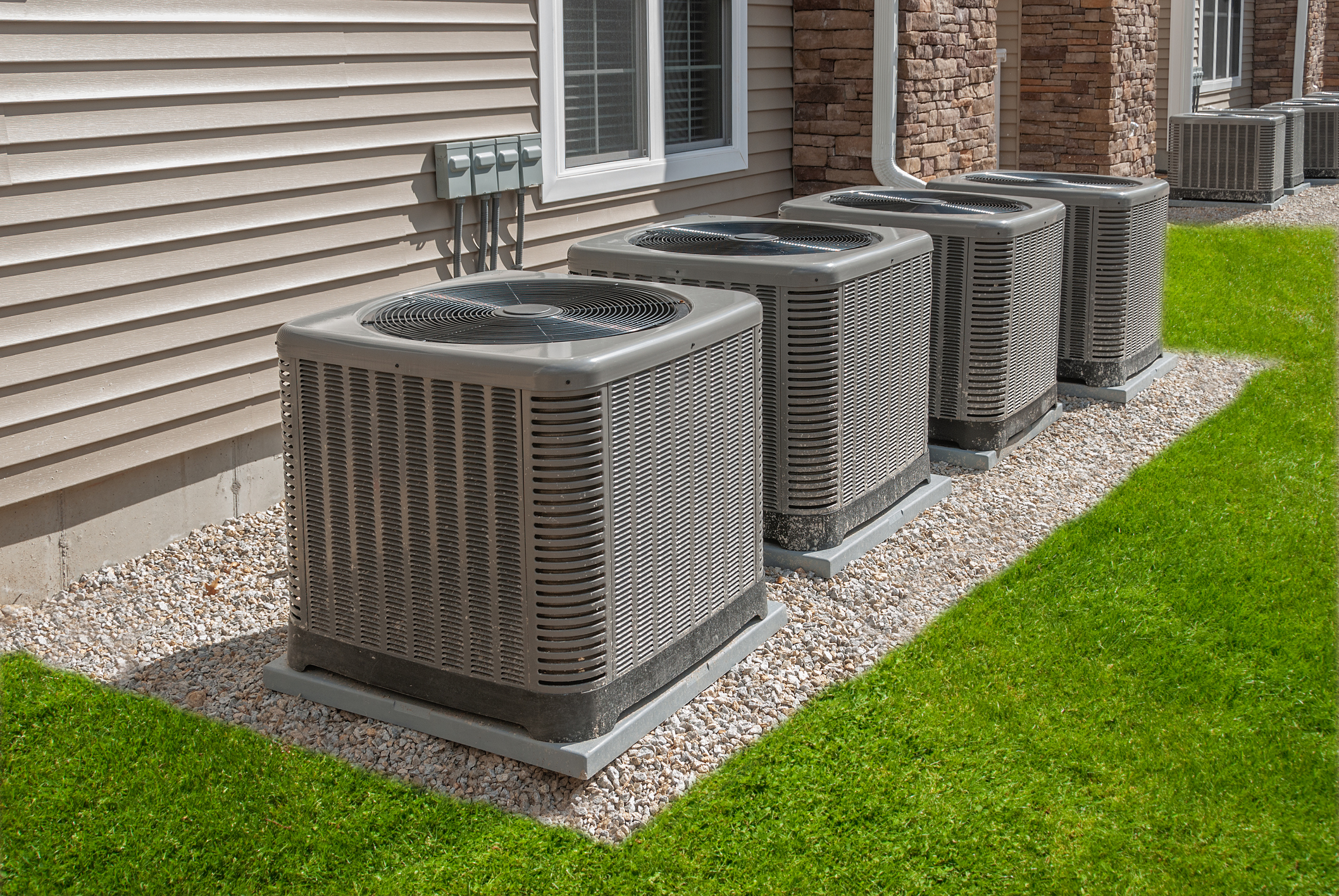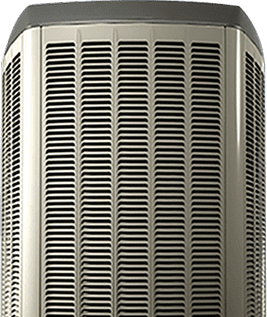Are Heat Pumps Energy Efficient

Are Heat Pumps Energy Efficient
Do you want to know if heat pumps are an energy-efficient way to heat and cool your residence? You’re not by yourself. With rising utility bills and rising worries about greenhouse gases, an increasing number of homeowners are turning to heat pumps to lower their consumption of energy and negatively impact the environment. But what exactly is a heat pump, and how does its efficiency compare to that of other heating and cooling systems?
In this post, the team at Francis Home Environment is going over the basics of heat pumps and their efficiency ratings so you can have a better idea about whether this type of HVAC system is right for you! Therefore, to learn more about how energy efficient a heat pump is, keep reading!
How are heat pumps powered?
Heat pumps are electrically powered. They employ a small amount of electricity to power the refrigeration system’s compressor and fan, which move the coolant and transport heat from one location to another.
The outside unit, which houses the compressor and fan, is powered by electricity in an ordinary heat pump system. A coolant line connects an outdoor unit to an indoor unit and transports refrigerant between the two units. The indoor unit houses the evaporator coil, which takes in heat from the air inside the house, as well as the fan, which circulates heated air all through your home.
As heat pumps run on electricity, you must ensure that the electrical system in your house is capable of handling the higher demand. If you’re thinking about installing a heat pump, you should always consult with an experienced HVAC technician who can evaluate your electrical system and ensure it’s up to the task.
Why is a heat pump more efficient than other types of heating systems?
Since heat pumps are incapable of producing heat by consuming fuel like gas furnaces or boilers, they are frequently regarded as more efficient than other types of home heating systems. Instead, they use a refrigerant cycle to transfer heat from one location to a different one. Furthermore, heat pumps can produce as much as triple the amount of heat energy that they consume. This means that you will be able to save money on your monthly energy costs without sacrificing your heating preferences or comfort.
In the summer, heat pumps can be reversed to provide cooling. This means that a heat pump can be used for cooling as well as heating, which is cheaper and more effective than having separate appliances for each.
Of course, the efficiency of a heat pump, like any other heating or cooling system, is determined by a number of variables, such as the climate in which you live, the dimensions and arrangement of your house, as well as the effectiveness of the insulation and window frames throughout your home. That said, heat pumps are an excellent choice for homeowners looking for an energy-efficient dual home comfort solution that guarantees comfort all year.
Is it worth switching from a gas furnace to a heat pump?
The change from a gas furnace to a heat pump can be an excellent decision, but whether or not it is worthwhile will depend on a number of factors.
To start, it is crucial to comprehend how each system operates. A gas furnace produces heat by employing natural gas or propane, whereas a heat pump transports heat from one location to another. As a result, heat pumps can be more environmentally friendly than gas furnaces in mild to moderate climates.
If you are located in an area with winters that are mild and hot summers, a heat pump may be a good choice for you. Heat pumps are especially effective at cooling residences throughout the summer, and they can also provide heat during the winter. However, if you live in an area with frigid temperatures, a gas furnace may be a more efficient heating option, as heat pumps will not work in temperatures below -15 degrees Celsius.
Another factor to think about is the installation cost. Switching from a gas furnace to a heat pump may be a significant financial decision, so weigh the initial expenses against the possibility of future energy savings.
Is a heat pump better than an AC?
Heat pumps and air conditioning units are both able to cool your home, but heat pumps also have the ability to heat your residence as well. So, when deciding which is better for you, it really comes down to what you require.
If you live in an area with mild summers, a heat pump could be an excellent choice. It is able to cool your residence without the requirement for an additional cooling system. Furthermore, because it moves heat rather than creating heat, it can be more energy-efficient than a conventional heating system.
If, on the other hand, you live in a hot climate, you might want to think about buying an air conditioning unit instead. While a heat pump can help in these situations, it may not be as efficient or effective as a dedicated cooling system. Furthermore, air conditioning can be a less expensive choice if you only need to cool your residence throughout the summer rather than requiring both heating and cooling all year.
The choice between a heat pump and an air conditioning unit ultimately comes down to your personal wants and requirements. If you’re still unsure, it’s always an excellent idea to consult with an experienced HVAC technician who can help you make a smart choice based on your unique situation.
Are you unsure whether an air conditioning system or heat pump is right for you? No need to worry; the team at Francis Home Environment is here to help! Call and schedule a consultation appointment with our experienced home comfort advisors that proudly services Ontario communities including Barrie, Greely, Kemptville, Mnotick, Bishop Mills, Almonte, Clarence, Orleans, Kanata, Neapean, and other surrounding areas to receive a complimentary new system purchase quote!
